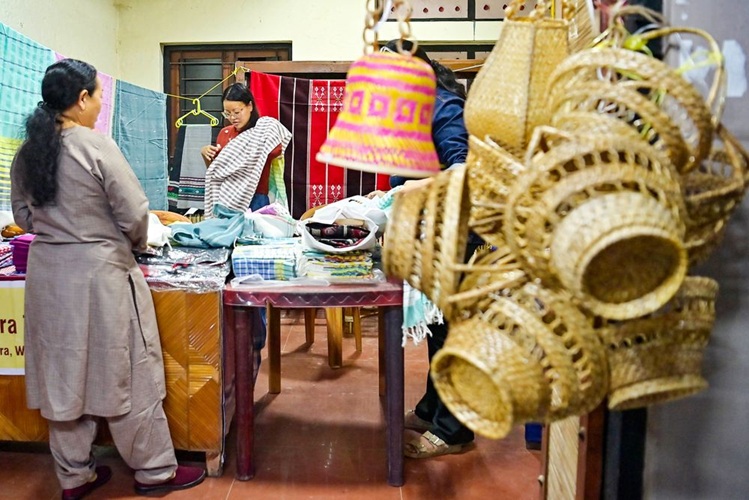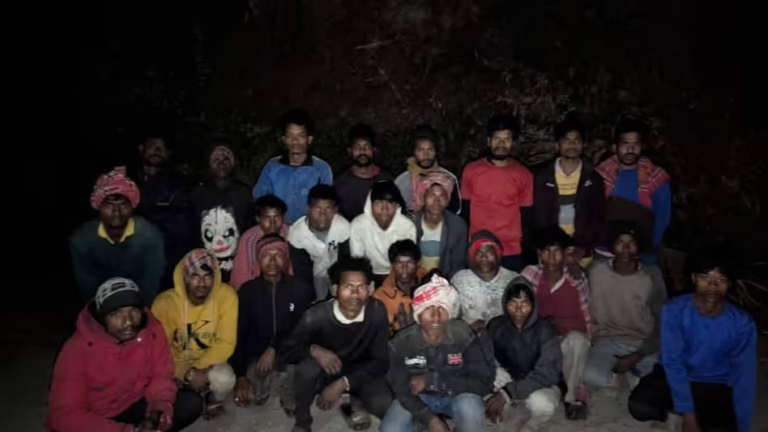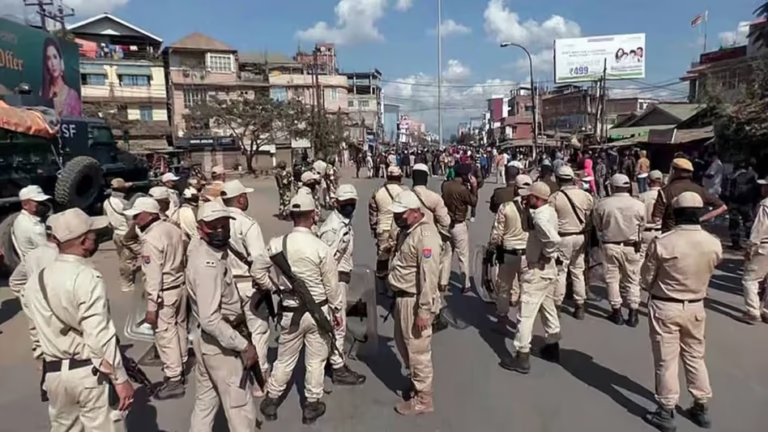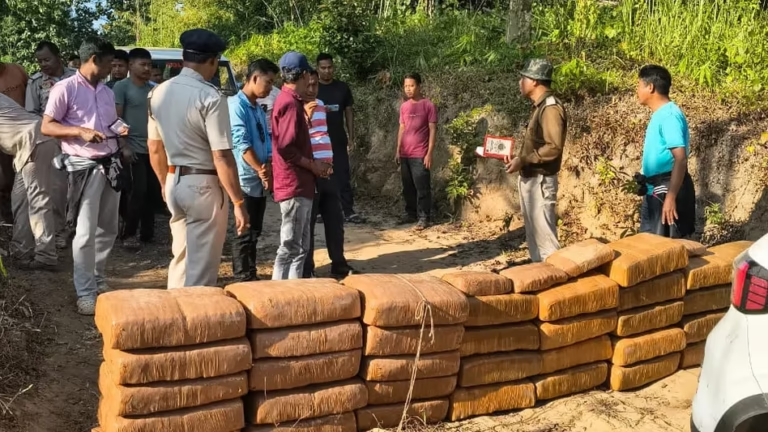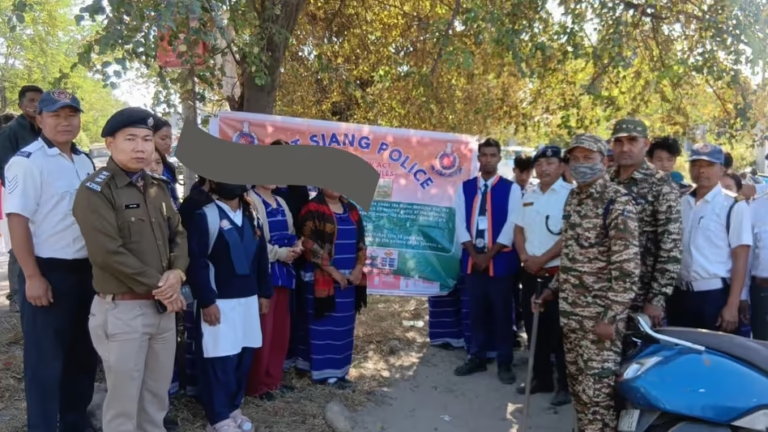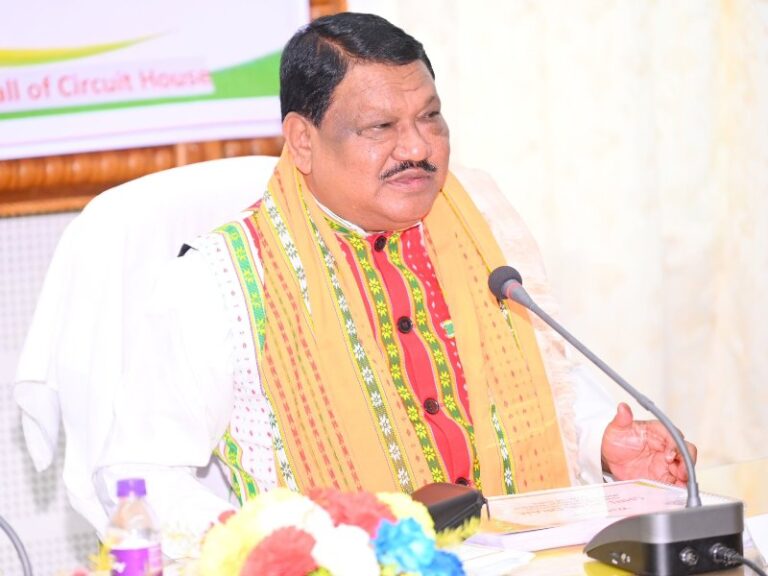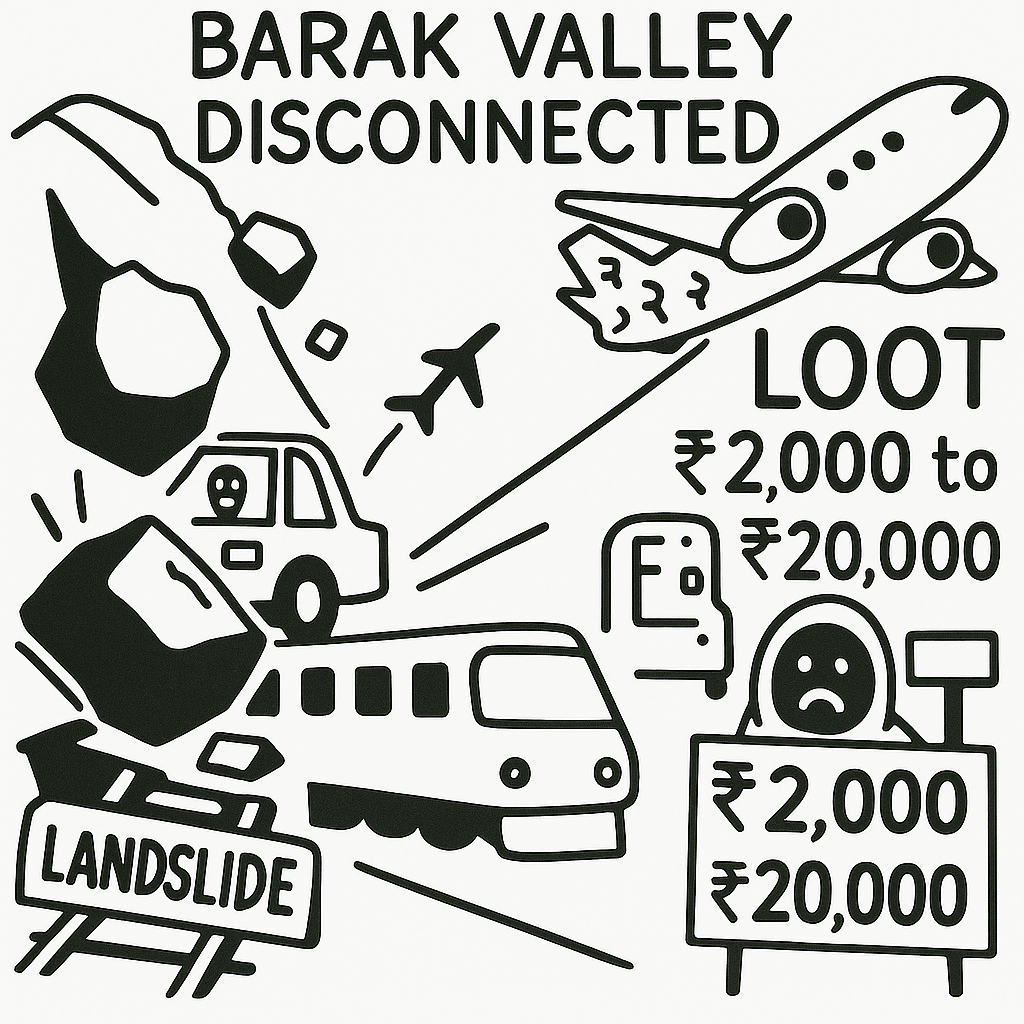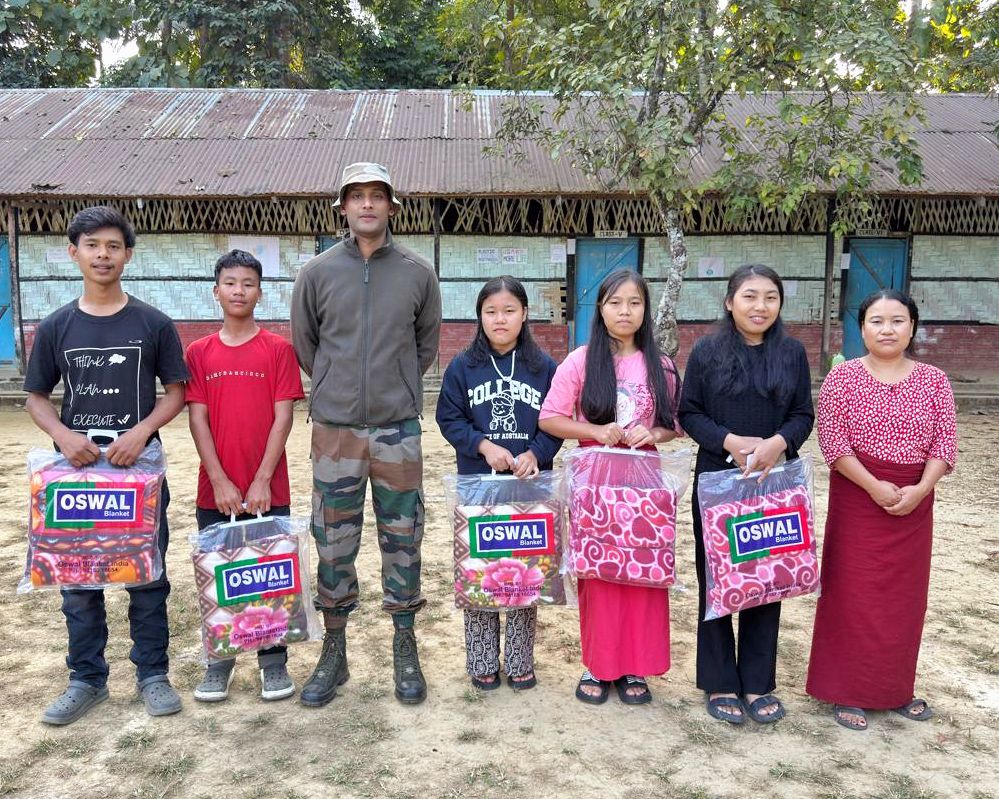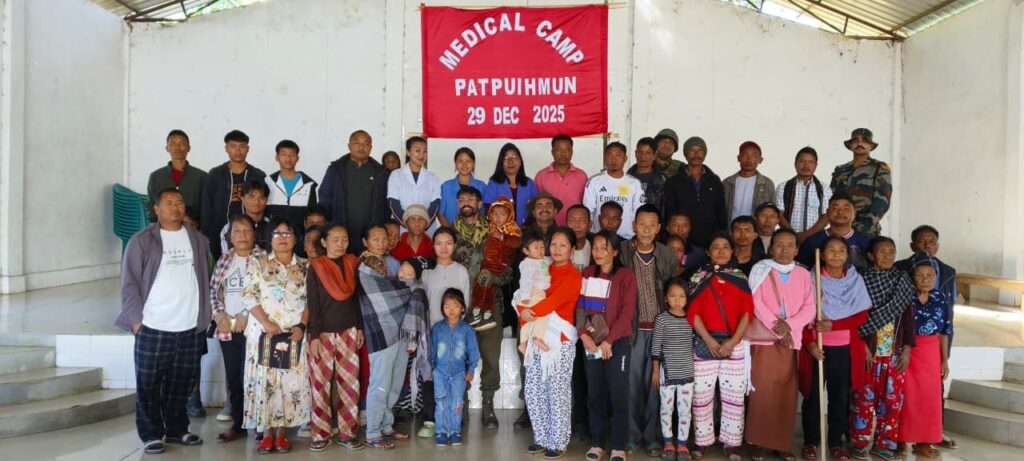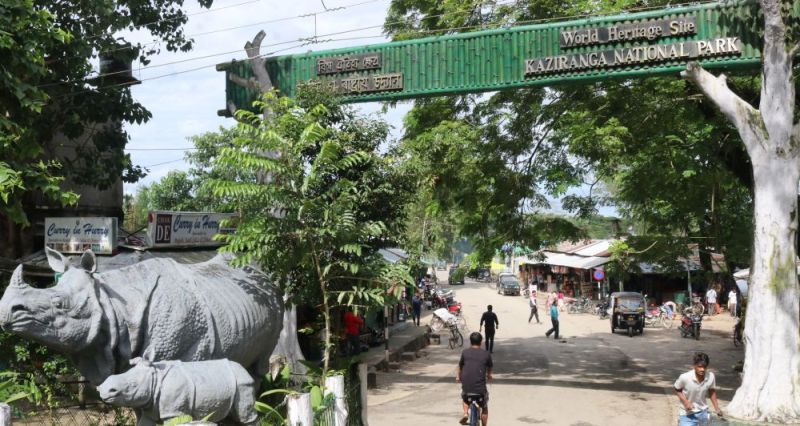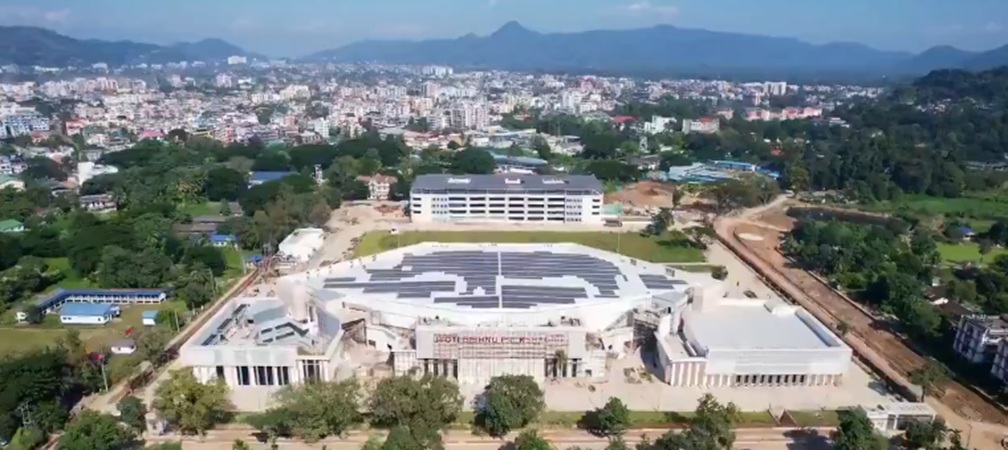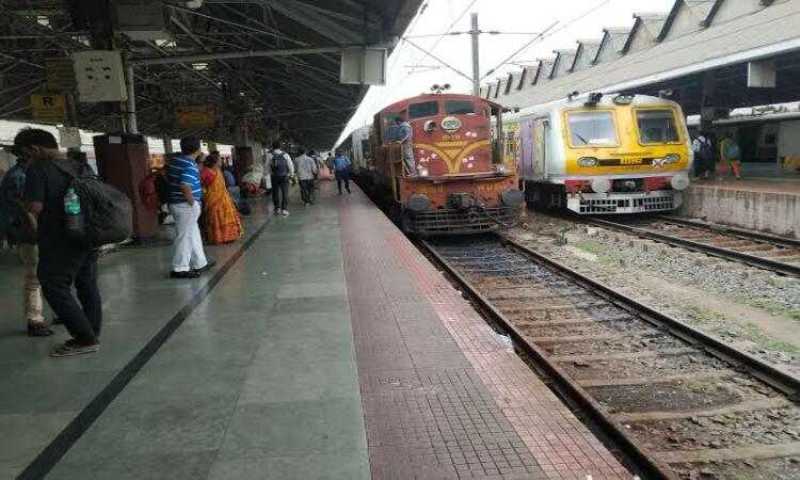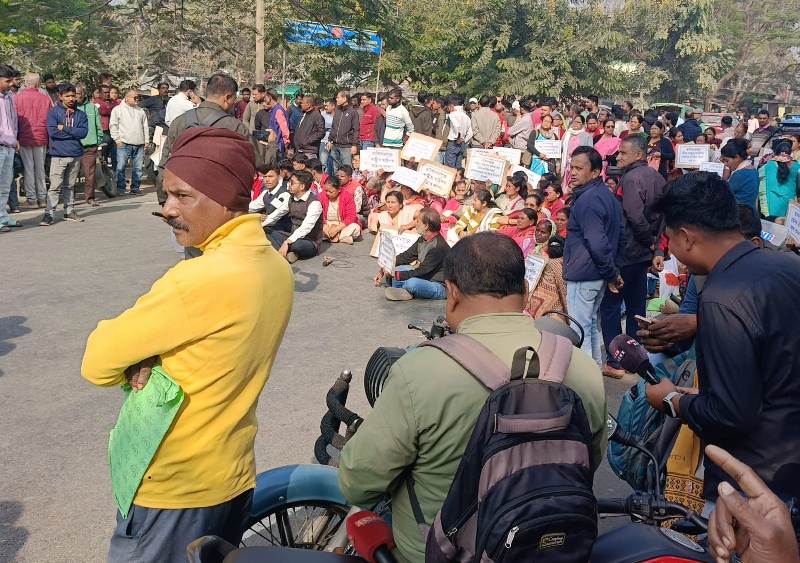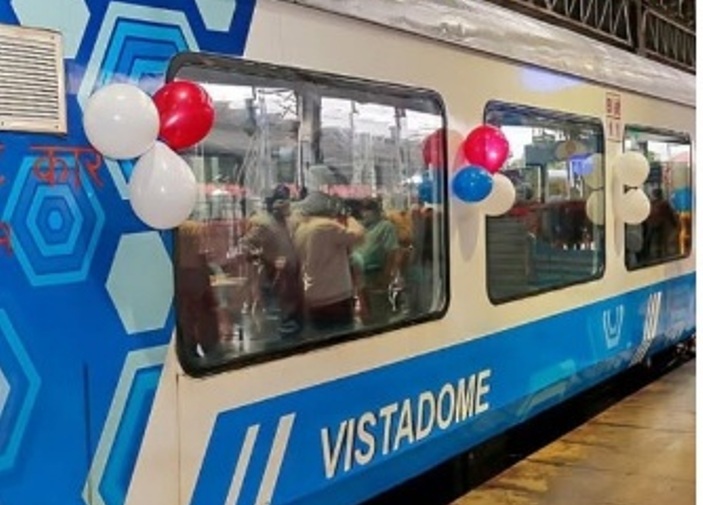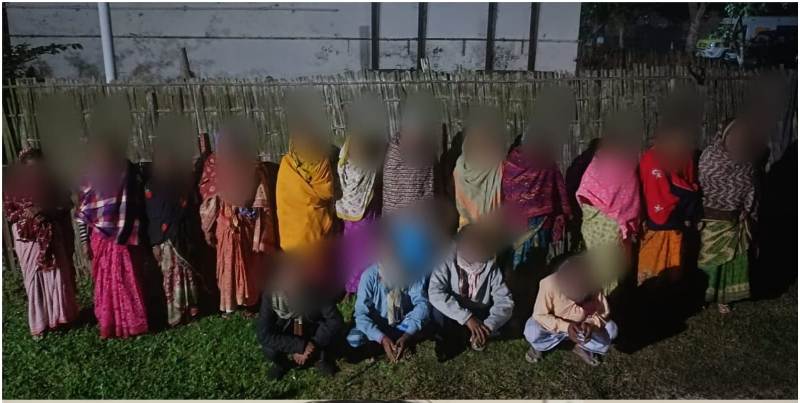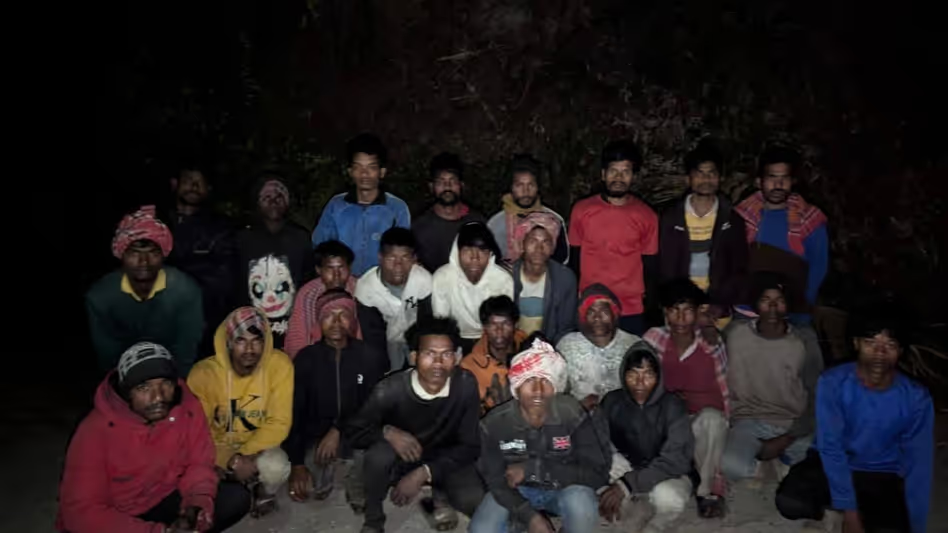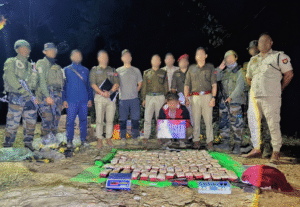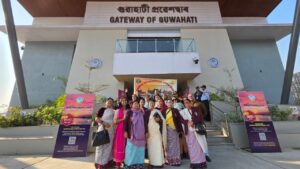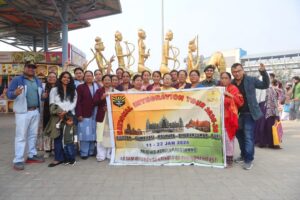Tripura Police have successfully rescued 24 youths from Unakoti district who were reported missing and later traced to Siang district in Arunachal Pradesh. The rescue followed a swift, coordinated inter-state operation.
Unakoti Superintendent of Police Sudhambika R said a complaint was received on December 24 from a woman alleging that the youths had gone missing. An FIR was registered immediately, and investigations led police to confirm the youths’ presence in Siang district. Coordination between Tripura Police, Arunachal Pradesh Police, and senior officials—including the Directors General of Police of both states—ensured their safe rescue.
“All the youths are safe, and a special Tripura Police team will bring them back tomorrow,” the SP said, adding that further investigation is underway to determine how and why they were taken to Arunachal Pradesh.
Earlier, Tripura Labour Minister Tinku Roy had sought urgent intervention from his Arunachal Pradesh counterpart, alleging that around 24 child labourers from Tripura had been trafficked. A case was registered at Kailashahar Police Station following reports that nearly 30 minors and a few adults were taken from Rangrung and Kalishasan tea gardens with false promises of wages and benefits.
Family members alleged that the children were subjected to ill-treatment, forced to live in inhuman conditions, and suffered mental distress. The youths and minors reportedly went missing on December 9, 2025, while their family members were at work.
